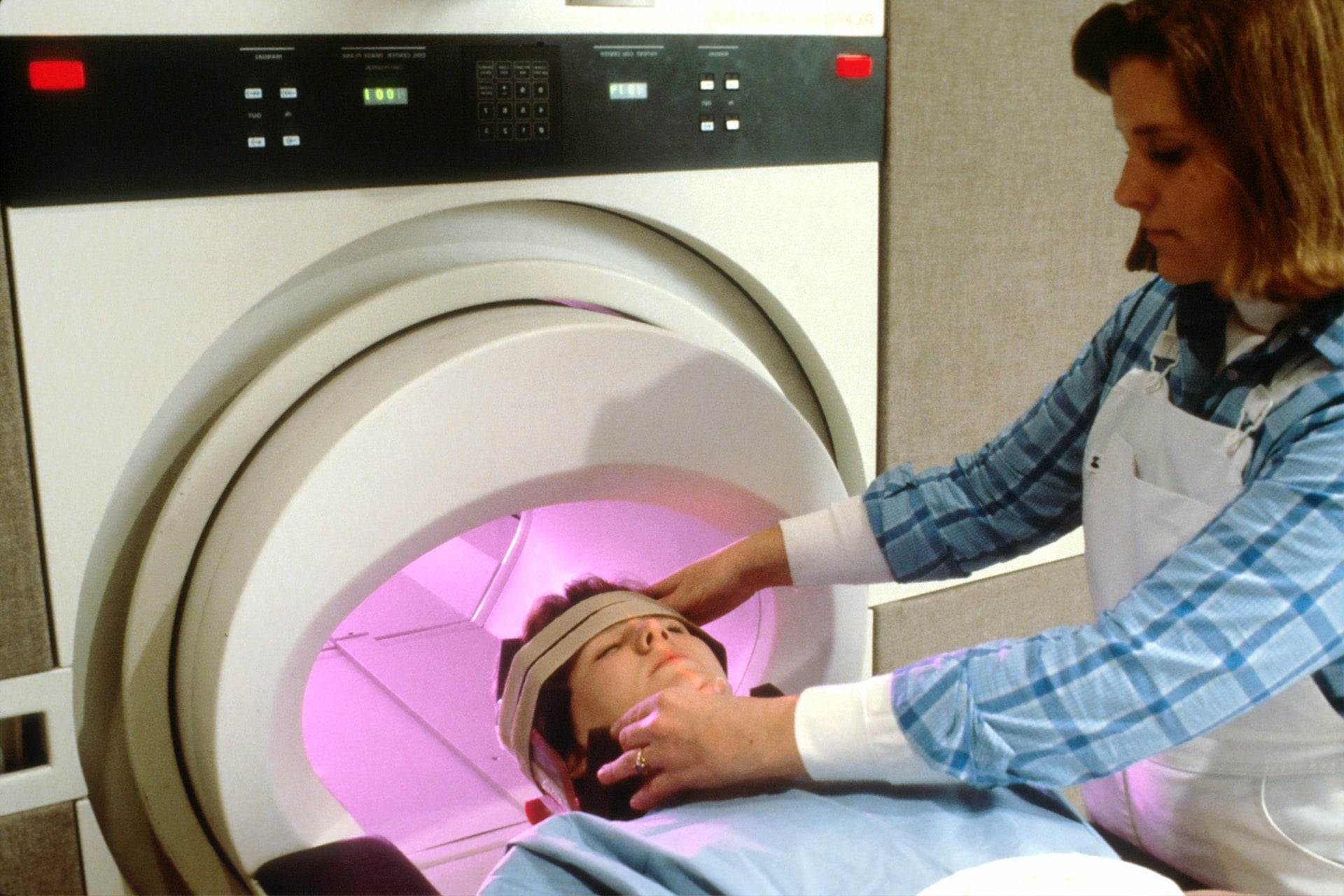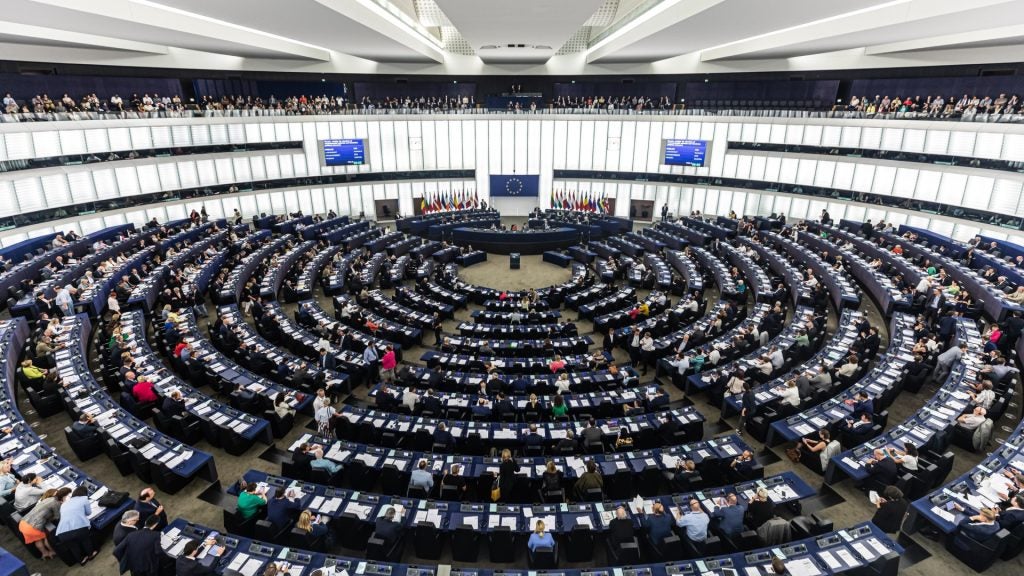
Facebook’s artificial intelligence (AI) division has shown it can use AI to produce MRI images four times faster than traditional MRI scanners.
The fastMRI initiative uses neural networks – a set of algorithms modelled loosely after the human brain – to generate complete MRI scans using incomplete data.
At the moment the AI can only be applied to knee MRI scans. But Facebook and NYU Langone Health, which also took part in the project, plan to expand its scope to cover other areas of the body including the brain and muscles.
The important milestone in the project, launched in 2018, shows the unique approach works and means patients can spend less time in the scanner. This, in turn, means hospitals using this technique could fit more scans in per day.
“This is an important step toward the clinical acceptance, and utilisation of AI-accelerated MRI scans,” said Dr Michael P. Recht, Louis Marx professor and chair of radiology at NYU Langone Health.
How does fastMRI work?
Traditional MRI scans, used to diagnose problems with organs, muscles and other soft tissue, require a patient to lie perfectly still in the scanner while radio waves map the inside of the body.
How well do you really know your competitors?
Access the most comprehensive Company Profiles on the market, powered by GlobalData. Save hours of research. Gain competitive edge.

Thank you!
Your download email will arrive shortly
Not ready to buy yet? Download a free sample
We are confident about the unique quality of our Company Profiles. However, we want you to make the most beneficial decision for your business, so we offer a free sample that you can download by submitting the below form
By GlobalDataA mathematical formula then reproduces these data points into an image.
Facebook’s approach takes a different approach. Instead, the scanner creates a partial scan, with AI used to fill in the gaps.
The neural network was trained with an open-source dataset of knee MRI scans.
Researchers removed approximately three-quarters of the raw data from each scan. This was then fed into the AI model. The neural network then drew on the training data generate the missing data.
Expert radiologists said the AI-generated images were “diagnostically interchangeable” with those taken by the traditional MRI scanner.
The project eventually aims to reduce the time to complete a scan to minutes with a “crystal clear” image. Facebook and NYU Langone Health have published fastMRI’s code so that researchers can make suggestions. It also means MRI manufacturers are free to test fastMRI in their scanners now.
The findings from the clinical study will be published in the American Journal of Roentgenology.
Read more: Researchers develop cybernetic coatings for interfacing hardware and human tissue




